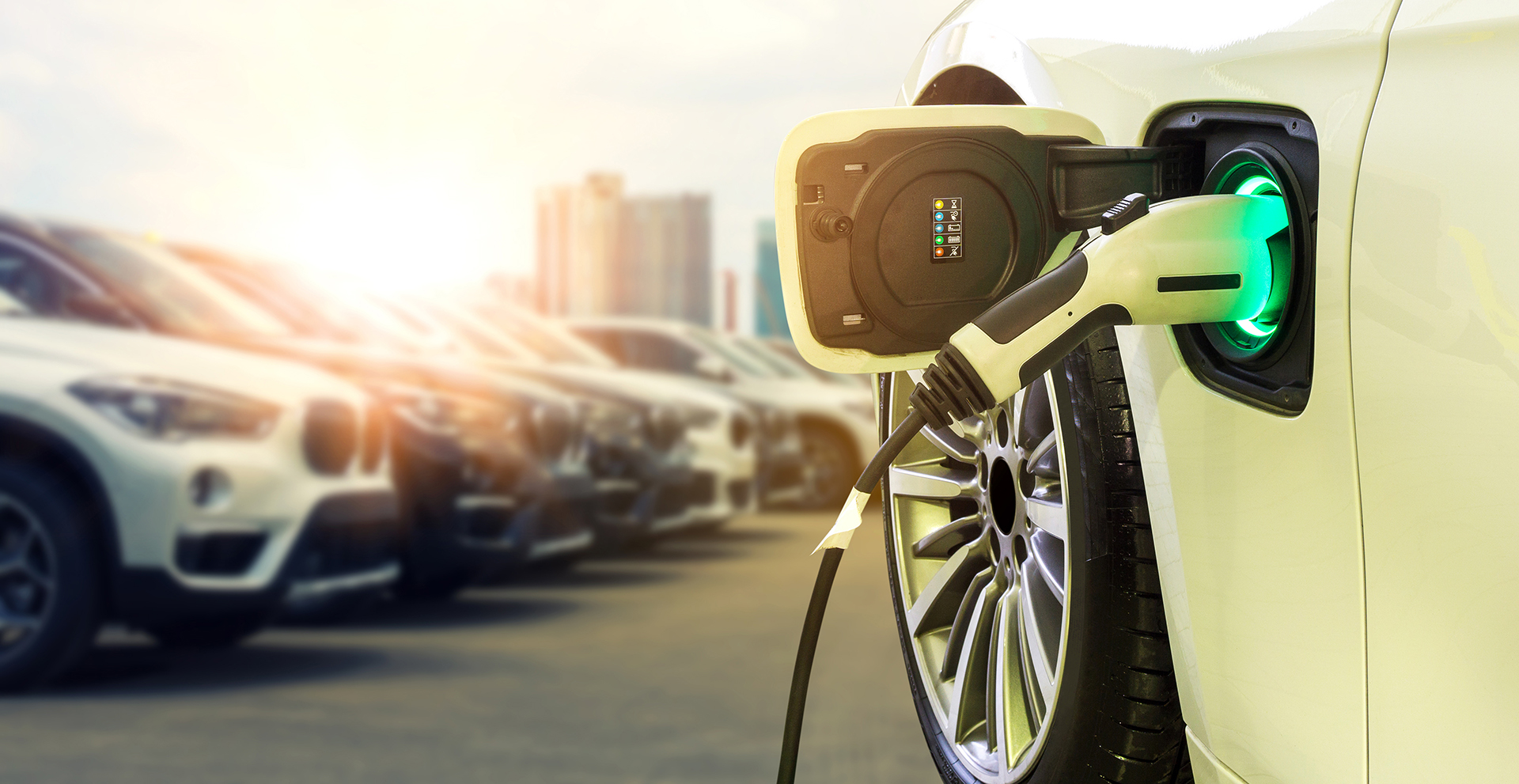
Pittsburgh to Become More Electric Vehicle-Friendly
with Charging Station Expansion
By Amanda Waltz
May 12, 2021
The City of Pittsburgh has taken another major step towards lowering transportation-produced carbon emissions with a new plan.
In late April, the Department of City Planning published its Electric Vehicle (EV) Charging Strategic Plan for Pittsburgh Public Facilities. The plan lays out a framework to leverage Pittsburgh Parking Authority lots and garages and other facilities to expand EV-charging access citywide.
A press release says the plan "and outlines goals for expanding public EV charging access through 2025, which will help the City meet its goal of reducing greenhouse gas emissions from transportation by 50% by 2030."
The plan was created in collaboration with the Pittsburgh Parking Authority and the Bloomberg Philanthropies American Cities Climate Challenge, an initiative launched in 2018 to provide resources and support to 25 U.S. mayors trying to lower their cities' carbon emissions. The Climate Challenge aims to reduce emissions by 40 million metric tons – equivalent to taking 8.5 million cars off the road - by focusing on clean buildings and transportation.
“Pittsburgh’s Public Facility EV Charging Strategic Plan is a great example of how cities across the country are paving the way for EV adoption and accelerating the transition to low-carbon transportation,” says Kelly Shultz, lead for sustainable cities and America Is All In at Bloomberg Philanthropies, in a press release. “The Bloomberg Philanthropies American Cities Climate Challenge empowers local leaders to take bold and equitable climate action that improves lives for communities. We’re thrilled that Pittsburgh continues to drive us toward that goal.”
The report defines EVs as battery-electric vehicles powered entirely by electricity, such as a Nissan Leaf or Chevy Bolt, or plug-in hybrid electric vehicles, such as a Chevy Volt or Prius Prime, that have both a conventional engine and electric motor that can be powered either by gas or electricity through a rechargeable battery.
The announcement marks the latest step in expanding electric vehicle infrastructure in Pittsburgh. Currently, the city has 35 existing public EV charging plugs, mostly serving Downtown and Oakland.
In Dec. 2020, the city received a $189,403 grant from the Pennsylvania Energy Development Authority to purchase and install 30 electric vehicle chargers for the city’s fleet of electric sedans. These included Level 2 chargers for the Second Avenue Parking Lot — a space expected to serve as the city's main electric fleet charging depot, where a total of 70 electric vehicles are on track to be converted and charged by 2026 — and a DC Fast charger at the City Garage.
Level 2 chargers take 6-8 hours to deliver a full charge, while DC fast chargers are able to charge a vehicle to 80% full within 20-30 minutes.
At the time, the city had a fleet of 26 electric sedans used by the Department of Permits, Licenses and Inspections and other departments. The city claimed that the fleet saved 8,812 gallons of gasoline and 72.1 metric tons of carbon dioxide.
The plan aims to expand to over 200 new public charging plugs and increase the total number of public charging plugs to over 2,000 across the City by 2025. A press release describes the goal as ensuring "every household is within a 10-minute walk of a public Level 2 charger or a 10-minute drive of a DC fast charger."
The chargers are part of the city’s Climate Action Plan goals to reduce transportation-related emissions, increase vehicle electrification, and convert to a 100% fossil-fuel free fleet.
Pittsburgh city government is not the only sector becoming more friendly to EV technology. Over the past year, the Port Authority of Allegheny County has added an increasing number of electric buses to its fleet, many of them being touted as zero-emission.
In 2019, local utility company Duquesne Light partnered with the Pittsburgh Parking Authority to open 16 electric vehicle charging stations in two Downtown Pittsburgh garages. In April 2021, the company committed to expanding its EV fleet, including adopting plug-in sedans and pickup trucks, forklifts, and bucket trucks. Duquesne Light also added a program allowing its employees to charge their personal vehicles at any of the company’s charging stations.

Leave A Comment